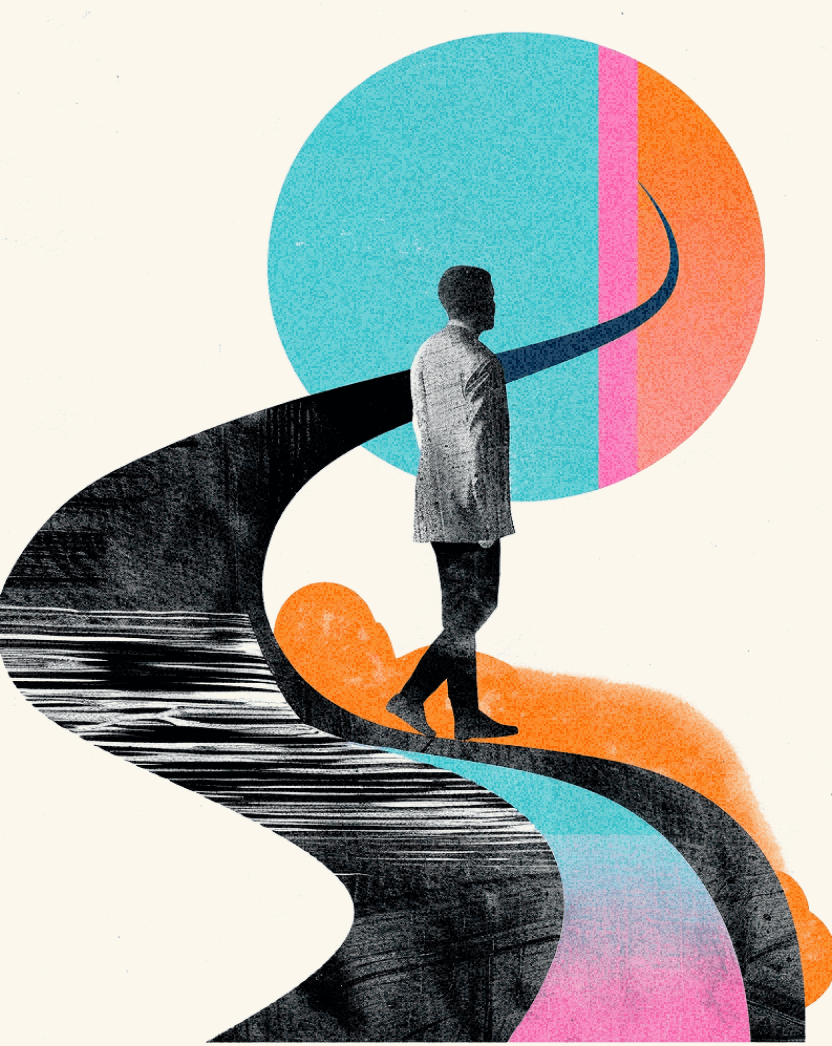Case Study — Greater Twin Cities United Way
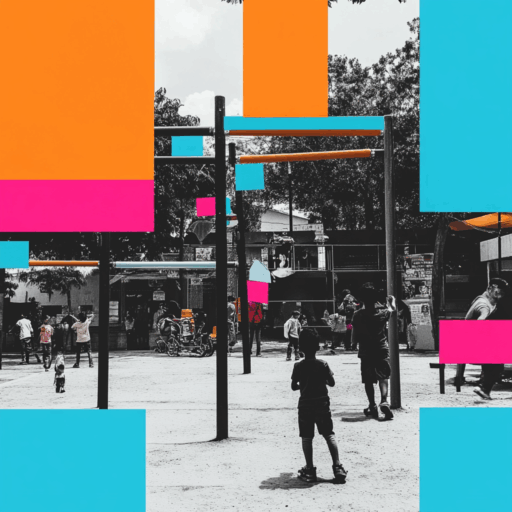
Overview
Revealing Imbalances to Ignite Bold Solutions
At Greater Twin Cities United Way (GTCUW), the first step in addressing uneven nonprofit funding is simply to name it. Staff confront the reality that leadership rooted in the community often achieves stronger results, yet receives far less support. “If we’re serious about solving enduring disparities, we have to be bold, radical, and transparent,” a GTCUW team member observes. This candid declaration set the tone for our partnership.
Together, Imagine Deliver and GTCUW launched the Workforce Accelerator, a cohort experience designed around grant recipients. We reframed philanthropy by centering community-led leaders in the Twin Cities through collaborative innovation and systems change.
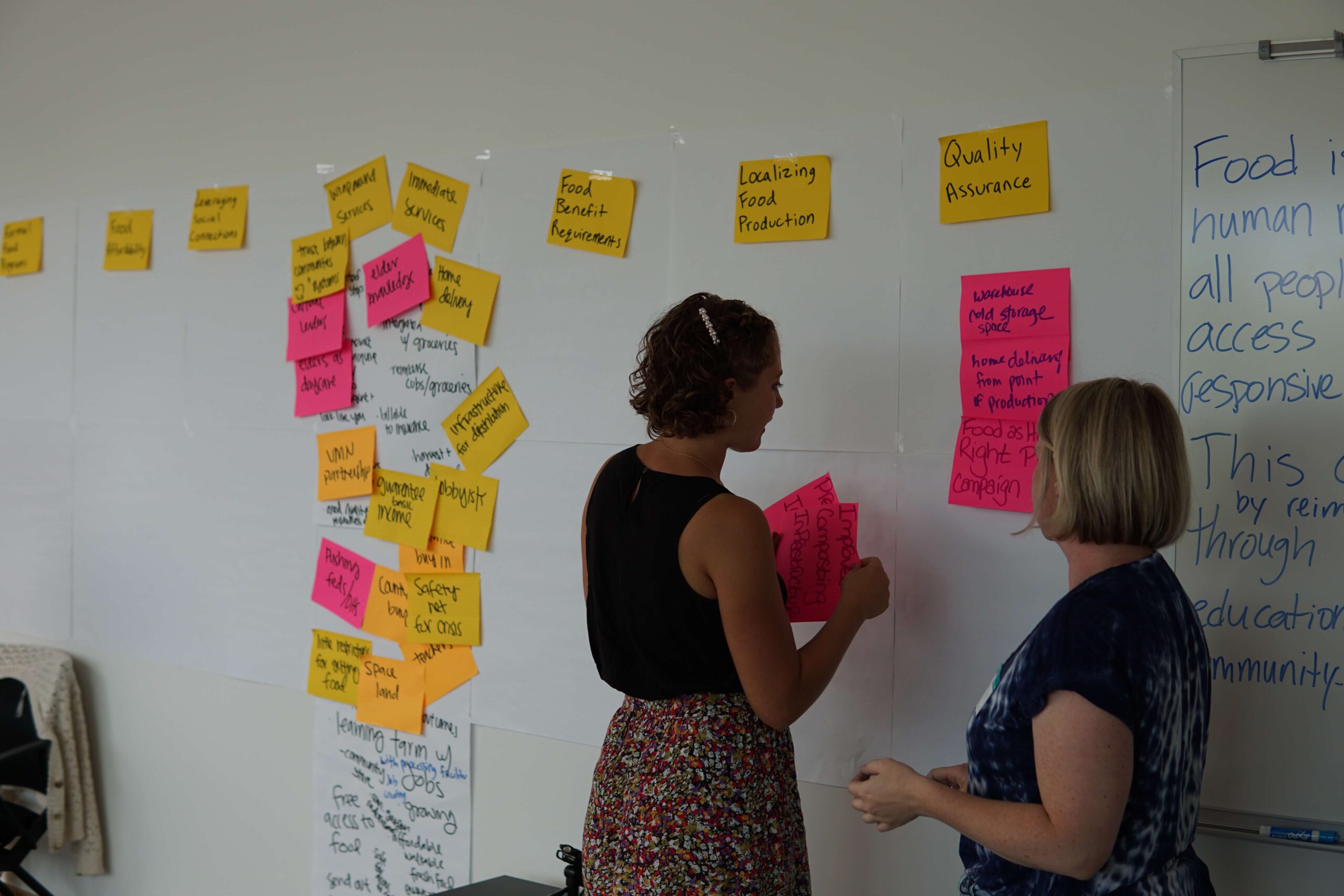
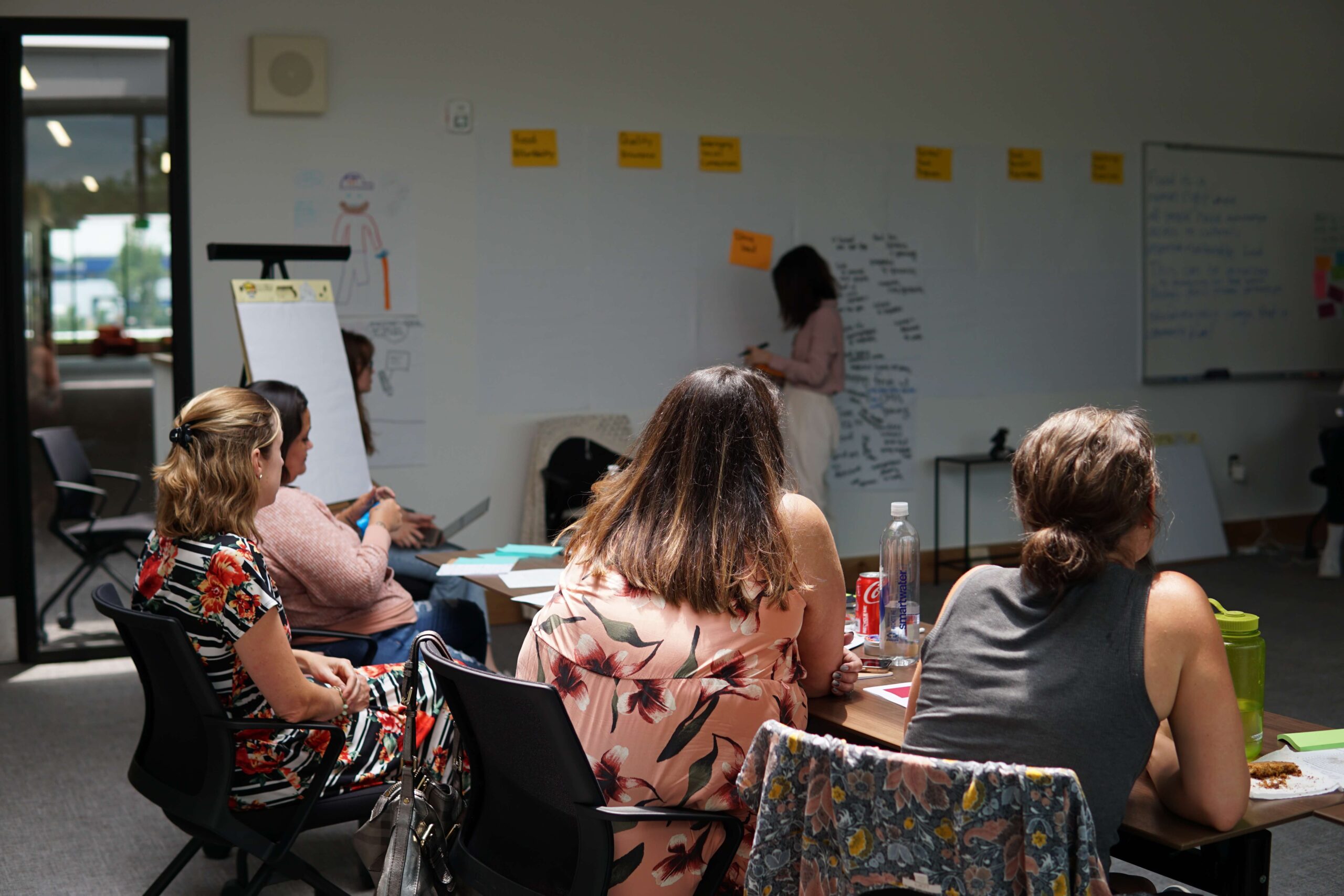
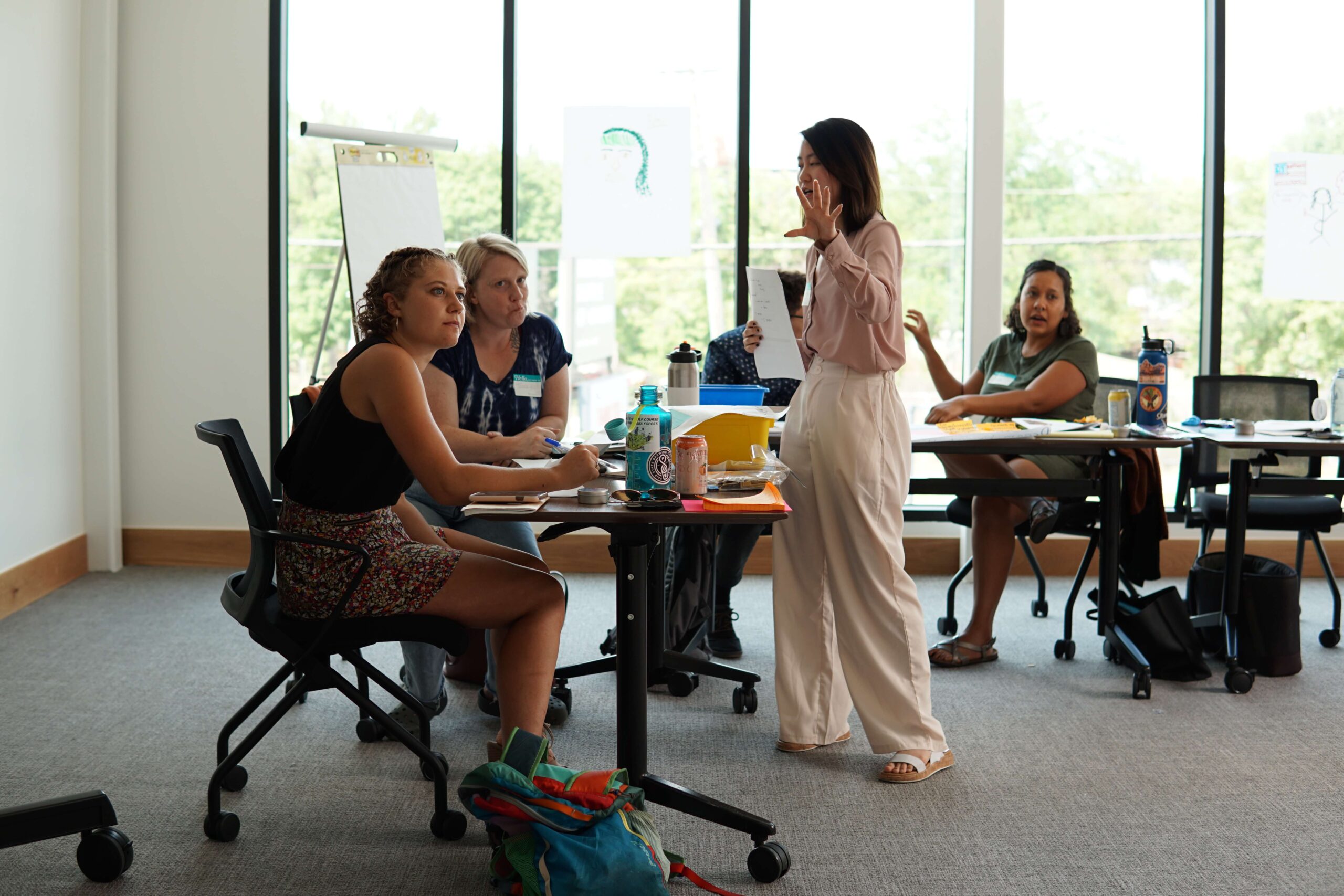
THE FULL STORY
Shifting from Top‑Down Support to Shared Leadership
Rather than prescribing solutions, we invited grantees to shape their own experience. Recognizing their lived knowledge, we embedded their voices into program design. Grantees moved from receiving support to co-leading solutions crafted for their unique contexts. This created more lasting, relevant, and impactful outcomes.
IMPACT
Through the Workforce Accelerator, Imagine Deliver helped GTCUW reimagine its role in philanthropy, shifting from a traditional funder model to one rooted in collaboration, trust, and shared leadership.
By equipping grantees to lead, shape, and scale their own solutions, GTCUW catalyzed stronger networks, clearer funding strategies, and greater long-term durability for community-rooted organizations. The insights and white paper produced in partnership became a roadmap for others, inspiring a wave of interest from peer institutions. Most importantly, the work laid a foundation for smarter grantmaking, clearer outcomes, and stronger alignment between intention and impact.
The Resource
As part of the journey, we co‑authored a white paper with grantee input, documenting insights and learnings from the Workforce Accelerator. This output both captured our work and offered a guide for those who follow. This collaboration reinforced our belief that peer learning and shared reflection catalyze stronger programming. As one cohort member reflected: “Let’s take the strength of one organization, merge it with another, and build a service together.”
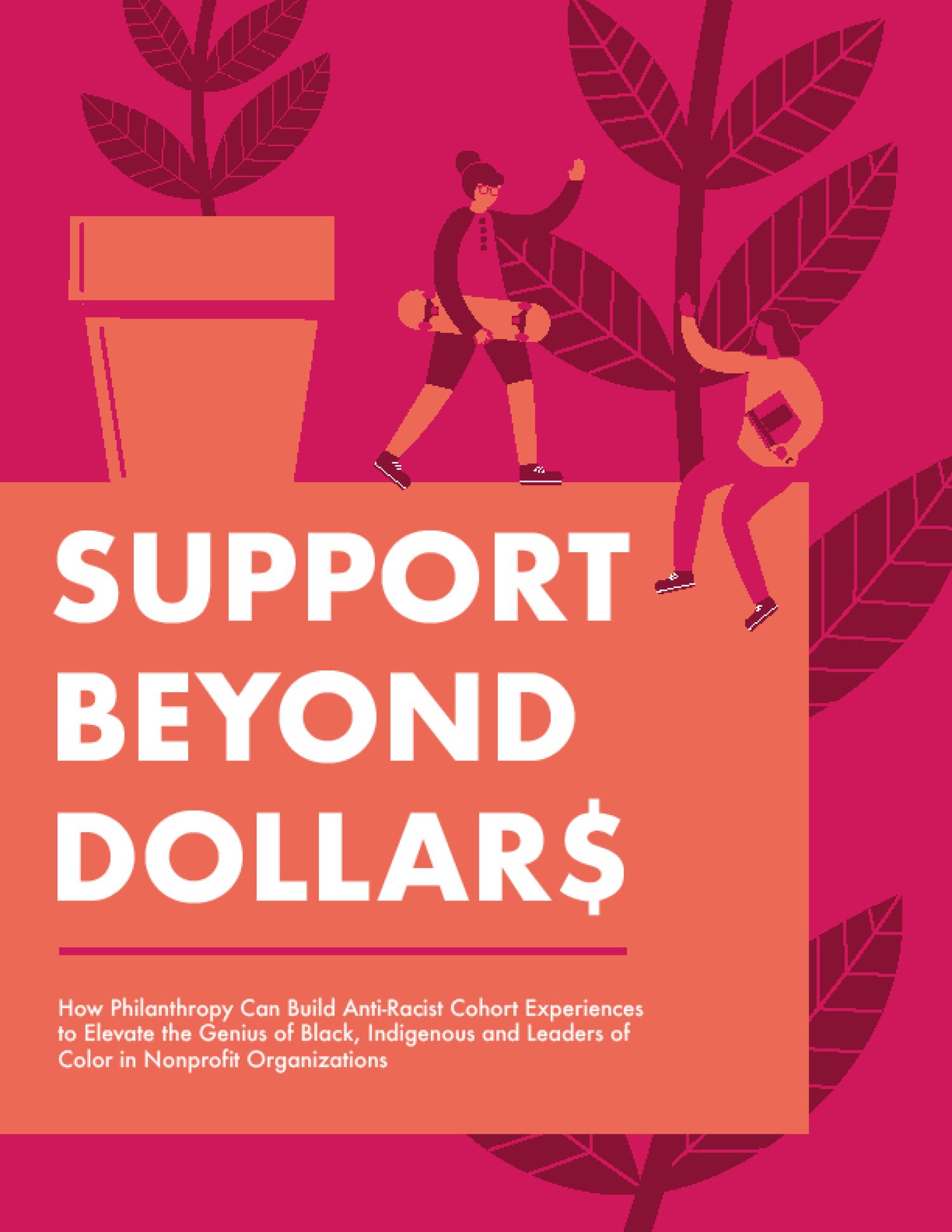
Inspiring a New Philanthropic Paradigm
Our approach extended beyond the cohort’s duration. Grantees began forming peer networks. They shared tools, insights, and approaches to complex challenges. Importantly, they gained clarity on what their work truly costs and the type of support that fuels growth. One year after the program wrapped in 2020, 85 percent of participants were still deeply engaged in serving their communities; 57 percent reported significant advancement in their organizational maturity.
Among the measurable results:
- One organization launched a distinct program model and diversified its funding.
- Others streamlined processes and leveraged technology to expand staffing and operations.
These successes reflect how a collaborative, thoughtfully designed process equips organizations for lasting impact.
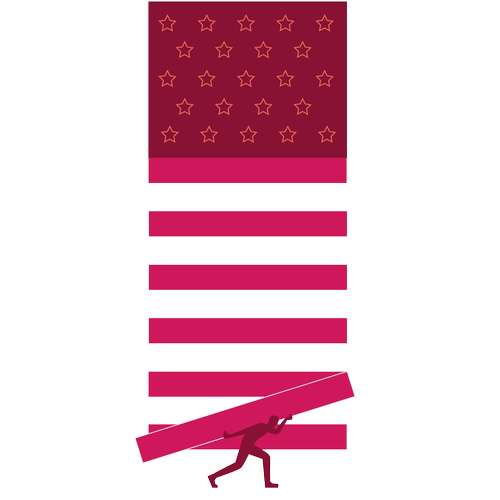
“Let’s take the strength of one organization and combine it with the strength of another, and then make it a service.”
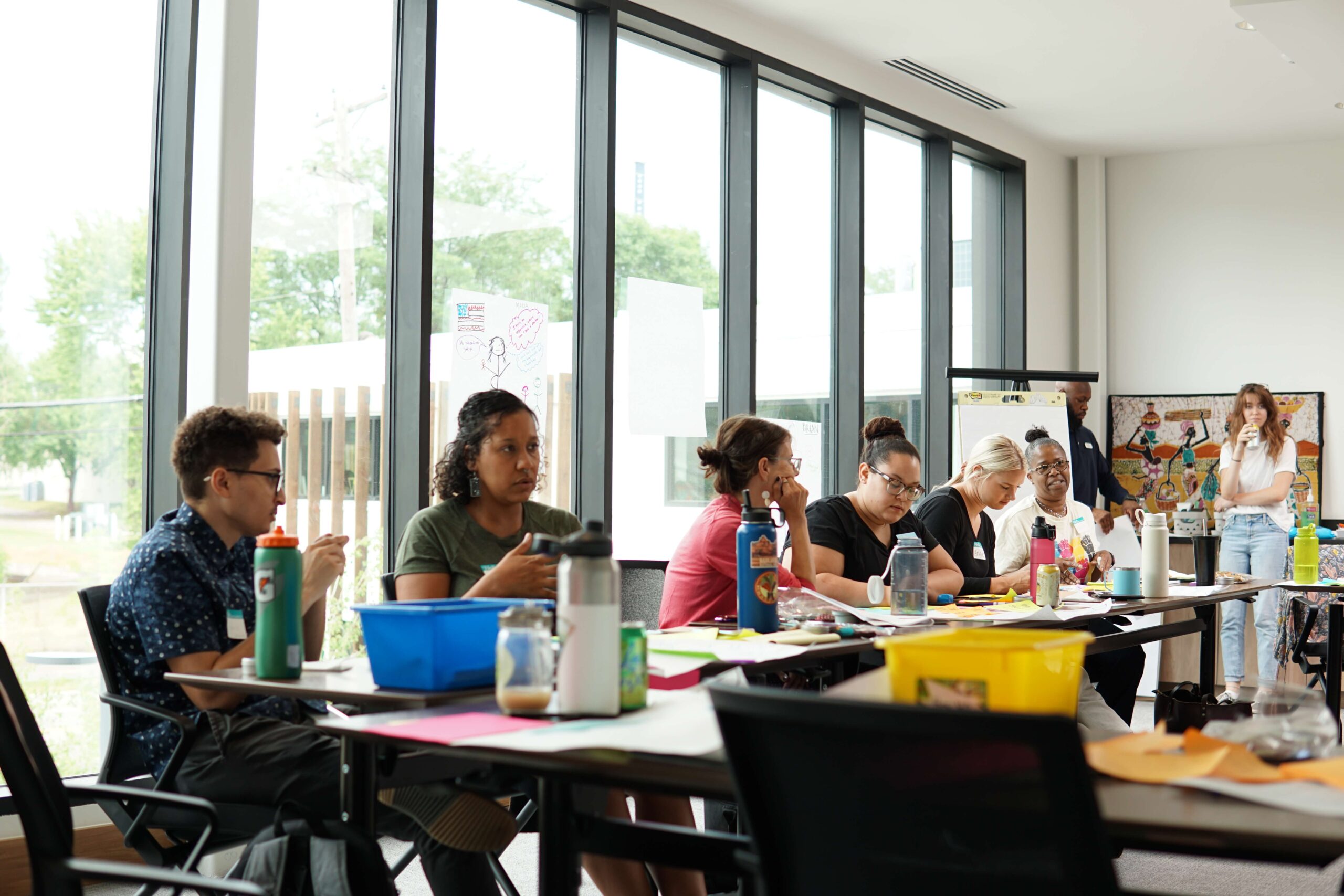
CONCLUSION
Inspiring Lasting Momentum Beyond One Project
The Workforce Accelerator’s ripple continues. Energized by the white paper’s real-world outcomes and inspired by this peer-led vision, other funders and foundations are now exploring similar models. We see this as a signal of momentum toward philanthropy grounded in collaboration, innovation, and shared insight.
The Imagine Deliver Difference: People as Design Partners
At the heart of our work is a simple belief: those closest to a challenge often hold its most transformative solutions. The Workforce Accelerator exemplifies our approach: community leaders are not positioned as recipients, but co‑designers of their own strategy and support.
Grantees navigated complex systems with firsthand insight. That insight fueled tailored strategies and a reimagined support model co-developed for and by them.
Ready to turn your own project into a collaborative design journey? Let’s get started together.
